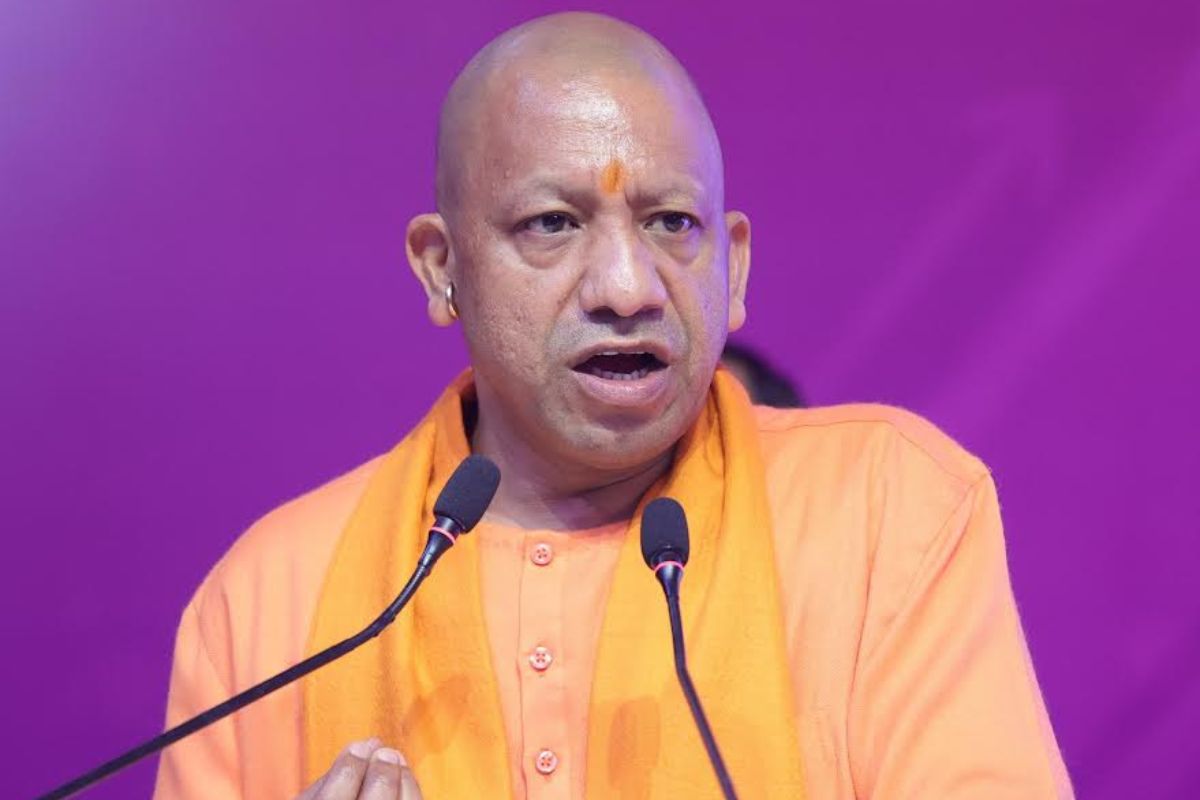UP CM pays tribute to Kameshwar Chaupal, a stalwart of Ram temple movement
Uttar Pradesh Chief Minister Yogi Adityanath has expressed deep sorrow over the demise of Kameshwar Chaupal, a member of the Shri Ram Janmabhoomi Teerth Kshetra Trust.
The move aims to boost the startup ecosystem in the state while creating around 1.20 lakh jobs in the next five years and at the same time push for environmental sustainability.

SP and Congress are ‘liabilities,’ must be thrown out of the country: Yogi
Close on the heels of approving the green hydrogen policy at a Cabinet meeting on Tuesday, the Yogi Adityanath government has announced significant incentives for startups intending to invest in the sector in Uttar Pradesh.
The move aims to boost the startup ecosystem in the state while creating around 1.20 lakh jobs in the next five years and at the same time push for environmental sustainability.
Advertisement
Officials here claimed that under this initiative, the Yogi government plans to inject substantial financial support into startups venturing into green hydrogen, offering a maximum annual incentive of Rs 25 lakh per startup for a duration of 5 years. Additionally, the policy encourages the establishment of incubators to nurture innovation in the sector.
Advertisement
The Uttar Pradesh New and Renewable Energy Development Agency (UPNEDA) will serve as the nodal agency for implementing the green hydrogen policy.
To facilitate the establishment of green hydrogen projects, the government will offer village society and government land on a lease basis for 30 years. The lease rate for public sectors will be set at Rs 1 per acre per annum, whereas for private investors, it will be Rs 15,000 per acre per year. The allocated land will be transferable, with a provision that if it remains unused for green hydrogen projects within the 3-year allocation period, it will be compulsorily reclaimed.
Under the ease of doing business initiative, UPNEDA will integrate the single-window portal with Nivesh Mitra. The green hydrogen projects will be categorised under the white category for environmental clearance. Additionally, the state government will compile data on the availability of land banks and water resources, providing assistance to potential investors in acquiring land, water, and power transmission systems as needed.
To reduce the production cost of green hydrogen and fostering technical advancements, two centres of excellence will be established. Government educational institutions will receive up to a maximum of Rs 50 crore in the form of 100 per cent financial incentives.
In addition to the statutory incentives outlined in this policy, any incentives provided by the Government of India at various intervals will be taken into account and deemed permissible. The state aims to achieve an annual production target of one million metric tons of green hydrogen/green ammonia by 2028. A total financial allocation of Rs 5,000 crore will be earmarked for the implementation of this policy.
Advertisement